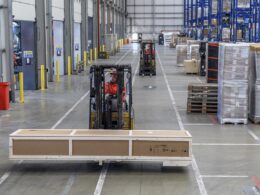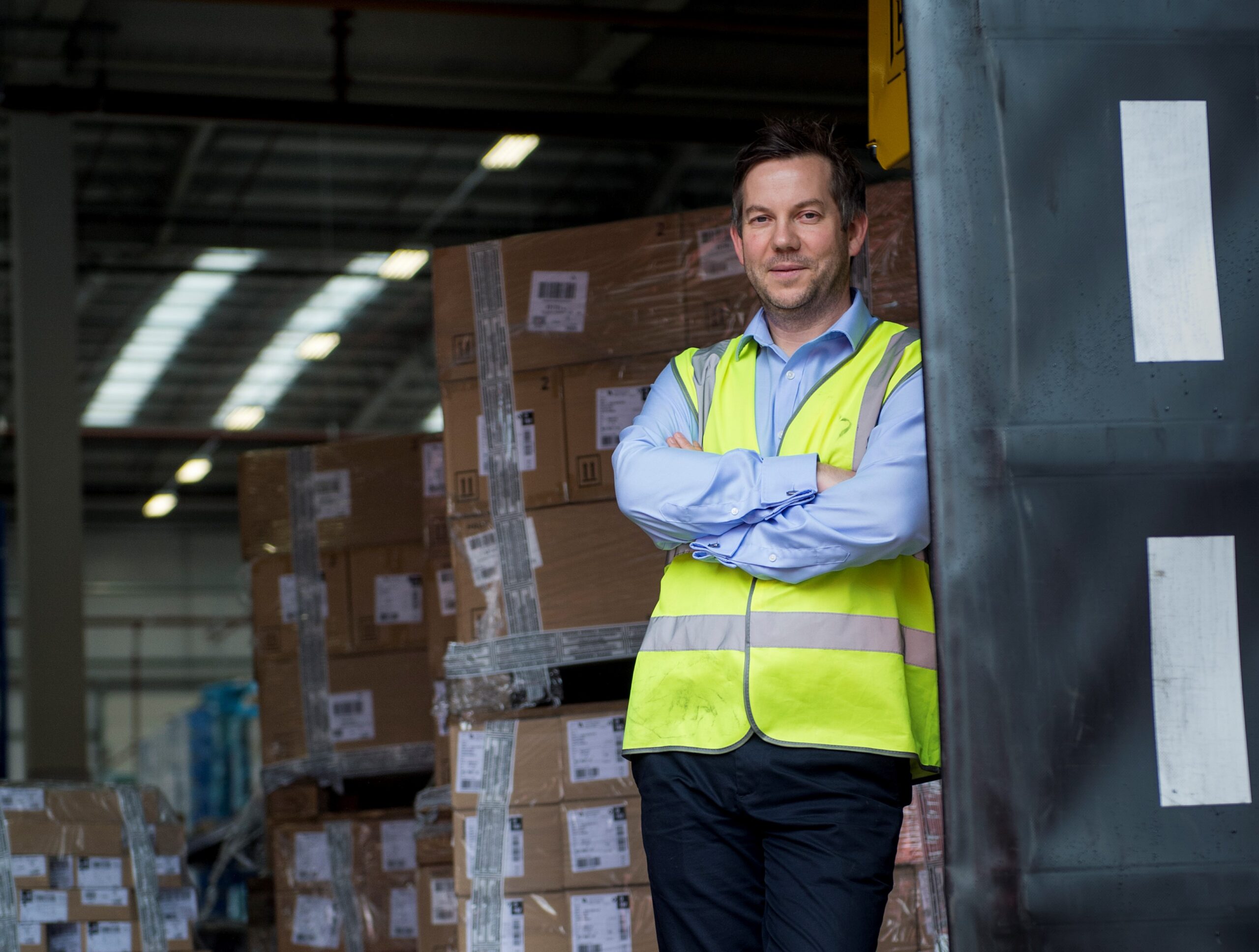There’s no doubt about it; freight forwarding is an antiquated business managed largely through paper, telephone, and sometimes even fax. Since most freight forwarders were founded before the mid-nineties (before the internet), it’s understandable that they’ve taken a while longer to integrate modern technology into their businesses.
For a long time, any new logistics providers presenting a software-based solution in this tech-free zone were perceived as clichéd Silicon Valley startups lacking the hard industry expertise necessary to build a successful freight forwarding company. For us, this couldn’t be further from the truth.
Flexport was founded in 2013 to harness the power of software to make freight forwarding easier for everyone. Our success is largely due to our combination of technology and human experts. Our business is centered on the customer experience, and a seamlessly integration of software and automation and industry experts has allowed us to deliver the best.
I joined Flexport after specialising in logistics as a consultant and project leader at the Boston Consulting Group. Having worked on multiple projects in the industry, I realised that the traditional way of working was not moving us forward. I wanted to join a company where everyone was driven by a desire to do things in a more customer-oriented and technology-enabled way. And other logistics experts are making similar moves.
Why are established logistics industry experts leaving the incumbent companies for innovative tech companies?
Overhauling existing freight-forwarders is an arduous process
Freight forwarding has been around for nearly two hundred years. In the 1830s, as international trade began to expand and rail transport and steamships became more reliable, freight-forwarders began to spring up around the world to serve as points of contact between carriers and provide advice on customs requirements for their customers.
But the truth is that since this initial flurry of freight forwarders, the industry has hardly changed at all. Almost every freight forwarder was founded before the internet boom of the nineties and many are still functioning as though it hadn’t been invented. Shipping thousands of kilograms of freight around the world is a tremendously complex process—coordinating this complexity with technology is the only logical solution
It’s naive to think you can exist at the forefront of any industry, no matter how “un-sexy”, without riding the wave of new technology. However, implementing new systems in an infrastructure overhaul is both complex and costly. The effort involved in data migration and unifying multiple different data platforms is enormous and, on top of this, the internal change management component is significant. For incumbent freight forwarders, these problems inhibit fast adoption of new technology.
However, despite these hurdles, an increasing number of logistics industry experts want to embrace technology. They’ve realised that if they want to move forward with the industry, they will have to join businesses that are built on innovation and change.
We still need logistics experts
The function of freight forwarders hasn’t changed much. It wouldn’t be fair to say that Flexport is entirely revolutionary—we’re a service provider and a forwarder just like Damco, Kuehne + Nagel, or Expeditors. We started a company in the same business that’s been around for two hundred years, but we created it to reflect modern advancements in the age of the internet.
Younger, tech-savvy freight forwarders optimize business with cutting-edge technology, freeing up more time for customer service and advising. This is what attracts many experts to Flexport.
Technology automates time-consuming and inane administrative complexities that are common fare at more established companies. With their time freed up thanks to software, experts can spend more time servicing and advising their customers and putting their expertise to good use. Through technology, their experience can be taken advantage of in new ways: to do the traditional work of a freight forwarder—only better and at lower operational cost.
By making the move to industry disruptors, logistics experts can not only experience a start-up vibe but can also seize the opportunity to apply their valuable knowledge to pioneering technology. This is the future of freight forwarding.
Jan van Casteren is VP EMEA, Flexport













